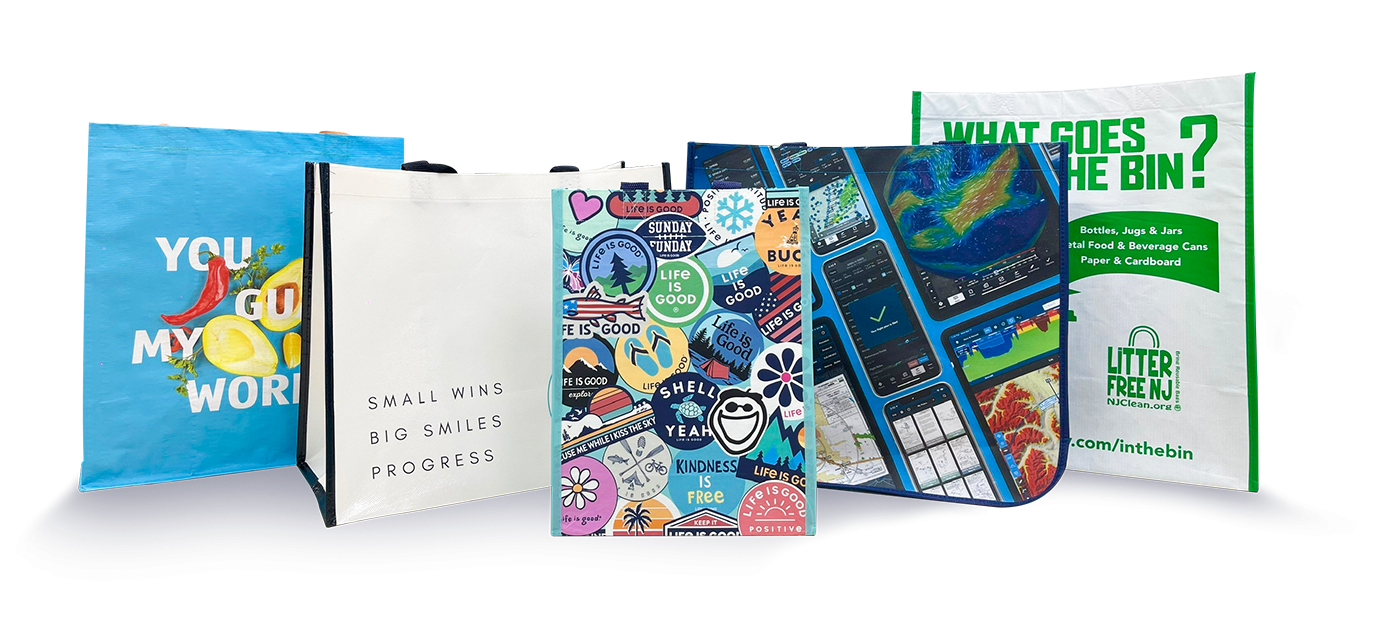2026 sắp đến rồi, chủ nhãn hàng nên nghiên cứu mô hình D2C đi thôi
Đặc điểm nổi bật của mô hình D2C:
| Nhóm đặc điểm | Mô tả |
|---|---|
| 1. Tự kiểm soát thương hiệu | Doanh nghiệp làm chủ toàn bộ hình ảnh, giá bán, trải nghiệm mua sắm, và chăm sóc khách hàng, mà không phải tuân thủ các quy định, chính sách ràng buộc ngày càng hà khắc của các nền tảng như sàn thương mại điện tử |
| 2. Sở hữu dữ liệu khách hàng | Thu thập trực tiếp định danh khách hàng từ đó nắm được hành vi, sở thích, lịch sử mua hàng và các thông tin khác từ đó tạo ra được trải nghiệm mua sắm cá nhân hóa, điều này tạo lợi thế cạnh tranh đặc biệt trong marketing và truyền thông. |
| 3. Biên lợi nhuận cao hơn | Không chia cần hoa hồng cho trung gian / sàn giữ được lợi nhuận tốt hơn. |
| 4. Linh hoạt thử nghiệm sản phẩm mới | Có thể test mẫu mới nhanh vì chủ động nắm kênh bán, nắm khách hàng trung thành và tương tác được với nhu cầu cũng như xu hướng tiêu dùng của họ |
| 5. Tăng gắn kết khách hàng | Vì thương hiệu giao tiếp trực tiếp, dễ tạo cộng đồng trung thành (fan club, membership, loyalty marketing…). |
Ưu & nhược điểm của mô hình D2C
| Ưu điểm | Nhược điểm |
|---|---|
| ✔️ Làm chủ thương hiệu & định giá | ❌ Cần vốn đầu tư cho công nghệ và marketing |
| ✔️ Nắm dữ liệu khách hàng để re-marketing | ❌ Không có sẵn lượng traffic như Tiktok/Shopee |
| ✔️ Linh hoạt thay đổi sản phẩm & chiến dịch | ❌ Cần đội vận hành xuất sắc (CSKH, logistics, web, ads) |
| ✔️ Tăng biên lợi nhuận khi scale | ❌ Tốn thời gian & chi phí xây dựng niềm tin ban đầu |
Ví dụ các thương hiệu D2C nổi tiếng thế giới
| Tên thương hiệu | Ngành hàng | Đặc điểm |
|---|---|---|
| Shein | Thời trang nhanh | Sản xuất on-demand, bán trực tiếp qua app riêng |
| Gymshark | Đồ thể thao | Tập trung cộng đồng fitness, KOL marketing |
| Allbirds | Giày & đồ thân thiện môi trường | D2C + minh bạch chuỗi cung ứng |
| Glossier | Mỹ phẩm | Bán hoàn toàn qua website & social media |
| Warby Parker | Kính mắt | Cho khách thử kính tại nhà, D2C kết hợp showroom nhỏ |
Áp dụng D2C ở Việt Nam
D2C đang phát triển mạnh tại Việt Nam, đặc biệt ở các ngành:
Thời trang & phụ kiện (Coolmate, Lép Apparel, DirtyCoins…)
Mỹ phẩm & chăm sóc cá nhân (Cocoon, Skinlosophy…)
Đồ uống & FMCG (TNI King Coffee, Durex, Anka Milk Online…)
Đồ gia dụng, decor, lifestyle (Inochi, Bluha, Totodo…)
💡 Ví dụ:
Coolmate bán đồ nam qua website riêng, tự vận hành kho, CSKH, giao hàng, không cần sàn TMĐT – chính là mô hình D2C điển hình ở Việt Nam
Ngành hàng của bạn có phù hợp với mô hình D2C này?
Để hiểu ngành nào phù hợp, ta phải nhìn vào 3 trụ chính của mô hình D2C
Thiết kế & sản xuất theo nhu cầu (on-demand)
→ Tung hàng loạt mẫu, sản xuất lô nhỏ, đo phản ứng khách hàng, mẫu nào “hot” thì nhân rộng ngay.Vòng phản hồi dữ liệu cực nhanh (data feedback loop)
→ Dựa vào dữ liệu xem / click / thêm giỏ / mua → cập nhật mẫu thiết kế liên tục.Marketing lan truyền (social + influencer + UGC)
→ Không cần đại lý, mà đẩy mạnh social trend (TikTok, FB Reels, micro-KOC).
Những ngành hàng phù hợp để triển khai theo quan điểm cá nhân của tác giả:
| Nhóm ngành | Mức độ phù hợp | Lý do chi tiết |
|---|---|---|
| 1. Thời trang nhanh (fast fashion) | ⭐⭐⭐⭐⭐ | Chu kỳ sản phẩm ngắn, nhu cầu thay đổi nhanh → mô hình “test nhanh – sản xuất nhanh” hiệu quả nhất. |
| 2. Phụ kiện thời trang (túi tote, mũ, vòng cổ, nhẫn, kính…) | ⭐⭐⭐⭐ | Sản xuất dễ, biên lợi nhuận cao, không cần size phức tạp, dễ mở rộng SKU. Các sản phẩm có thể POD (print-on-demand) |
| 3. Đồ thể thao & athleisure | ⭐⭐⭐⭐ | Nhu cầu tăng đều, hợp xu hướng “healthy lifestyle”, dễ kết hợp KOL & UGC. |
| 4. Đồ ngủ / đồ mặc nhà / đồ lót | ⭐⭐⭐⭐ | Ít rủi ro tồn kho, giá trị đơn thấp, dễ test mẫu và cá nhân hóa. |
| 5. Mỹ phẩm, làm đẹp, skincare | ⭐⭐⭐ | Dễ mở rộng UGC & influencer, nhưng cần tuân thủ pháp lý (công bố, an toàn). |
| 6. Lifestyle & home decor nhỏ (đèn, gối, phụ kiện trang trí phòng) | ⭐⭐⭐ | Dễ đóng gói, dễ mở rộng cross-selling cùng thời trang. |
| 7. Sản phẩm handmade, phụ kiện cá nhân hóa | ⭐⭐⭐ | Có thể tận dụng data về trend để tung mẫu giới hạn (limited drops). |
| 8. Thực phẩm chức năng, chăm sóc sức khỏe chủ động | ⭐⭐⭐ | Có tính tùy biến và cá nhân hóa cao, nếu nắm trong tay đội nghĩ KOC chất lượng như bác sĩ, dược sĩ, nhà khoa học thì hoàn toàn có thể triển khai được mô hình này. |
Các ngành ít phù hợp hoặc cần điều chỉnh - kết hợp các mô hình khác
| Ngành | Đánh giá | Ghi chú |
|---|---|---|
| Giày dép | ⭐⭐⭐ | Dễ mix trend, nhưng tồn kho & size phức tạp, cần hệ thống quản lý tồn tốt. |
| Túi xách cao cấp / luxury local brand | ⭐⭐ | Không phù hợp “sản xuất nhanh – giá rẻ”, nên chỉ học được phần social trend & D2C. |
| Đồ công sở / đồng phục | ⭐⭐ | Chu kỳ dài, ít thay đổi, chỉ áp dụng được phần cá nhân hóa & D2C bán trực tiếp. |
| Trang sức thật (bạc, vàng) | ⭐⭐ | Cần kiểm định, logistics và tồn kho giá trị cao → không hợp mô hình Shein tốc độ. |
 English
English



